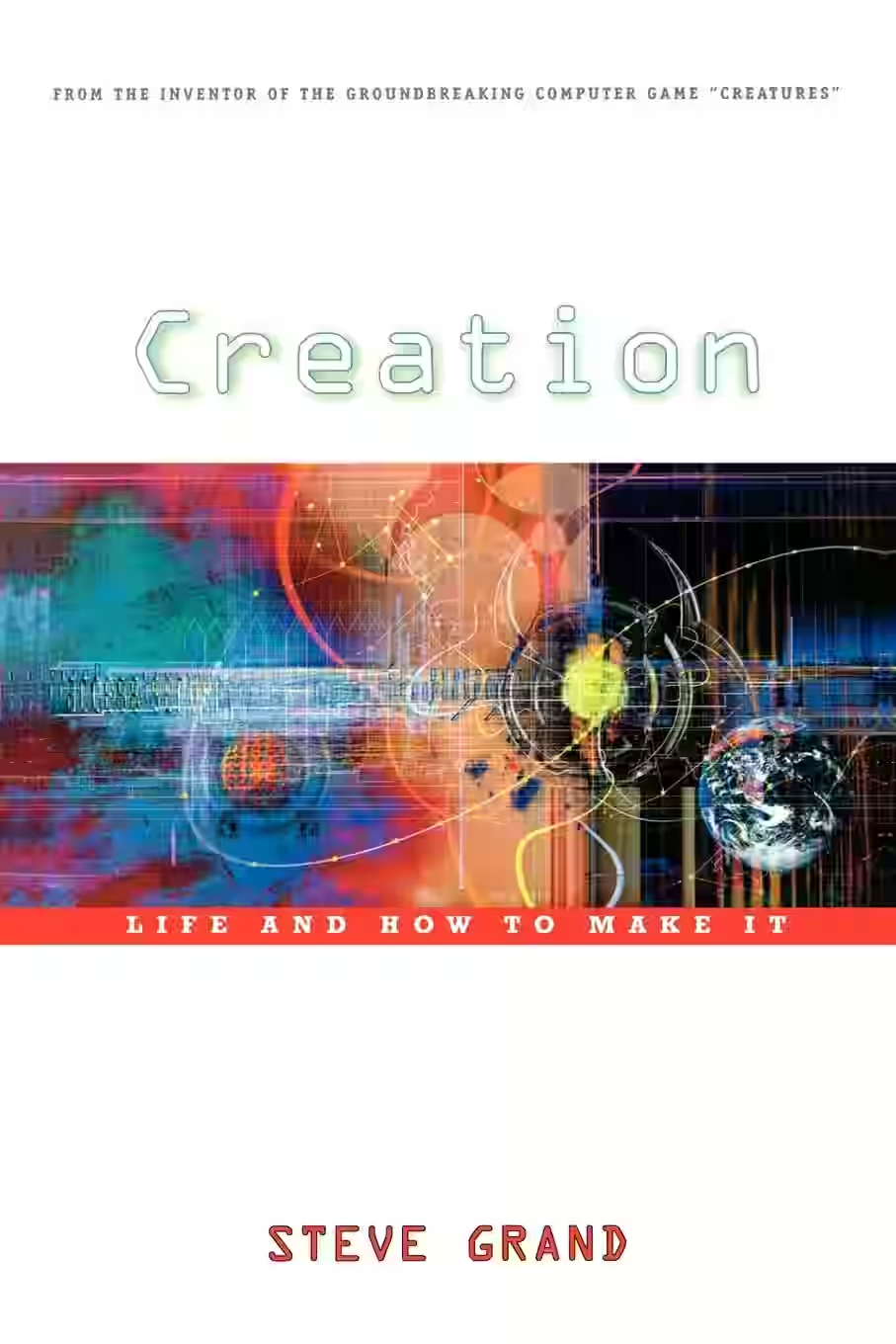
In Creation, Steve Grand—creator of the artificial life game Creatures—explores the nature of life, intelligence, and consciousness from the perspective of an artificial life researcher. Blending computer science, biology, and philosophy, Grand argues that life can be understood and even recreated through complex, self-organizing systems. He challenges traditional views of the mind and body, suggesting that understanding emergence and connection is key to replicating living processes. With imagination and technical insight, Creation is a provocative meditation on what it means to be alive—and whether machines can one day truly think, feel, and evolve like biological organisms.
About Josh Waitzkin
Josh Waitzkin is an American chess prodigy, martial arts champion, and author who has devoted his life to mastering performance under pressure. Famous as the inspiration for Searching for Bobby Fischer, Waitzkin later won multiple national titles in Tai Chi Push Hands and became a respected coach in elite performance circles. In The Art of Learning, he shares insights into focus, resilience, and deliberate practice across disciplines. Waitzkin emphasizes deep self-awareness, adaptive learning, and incremental progress. Today, he works with top performers in business, sports, and the arts, helping them achieve excellence through mental discipline and inner clarity.
Similar Books
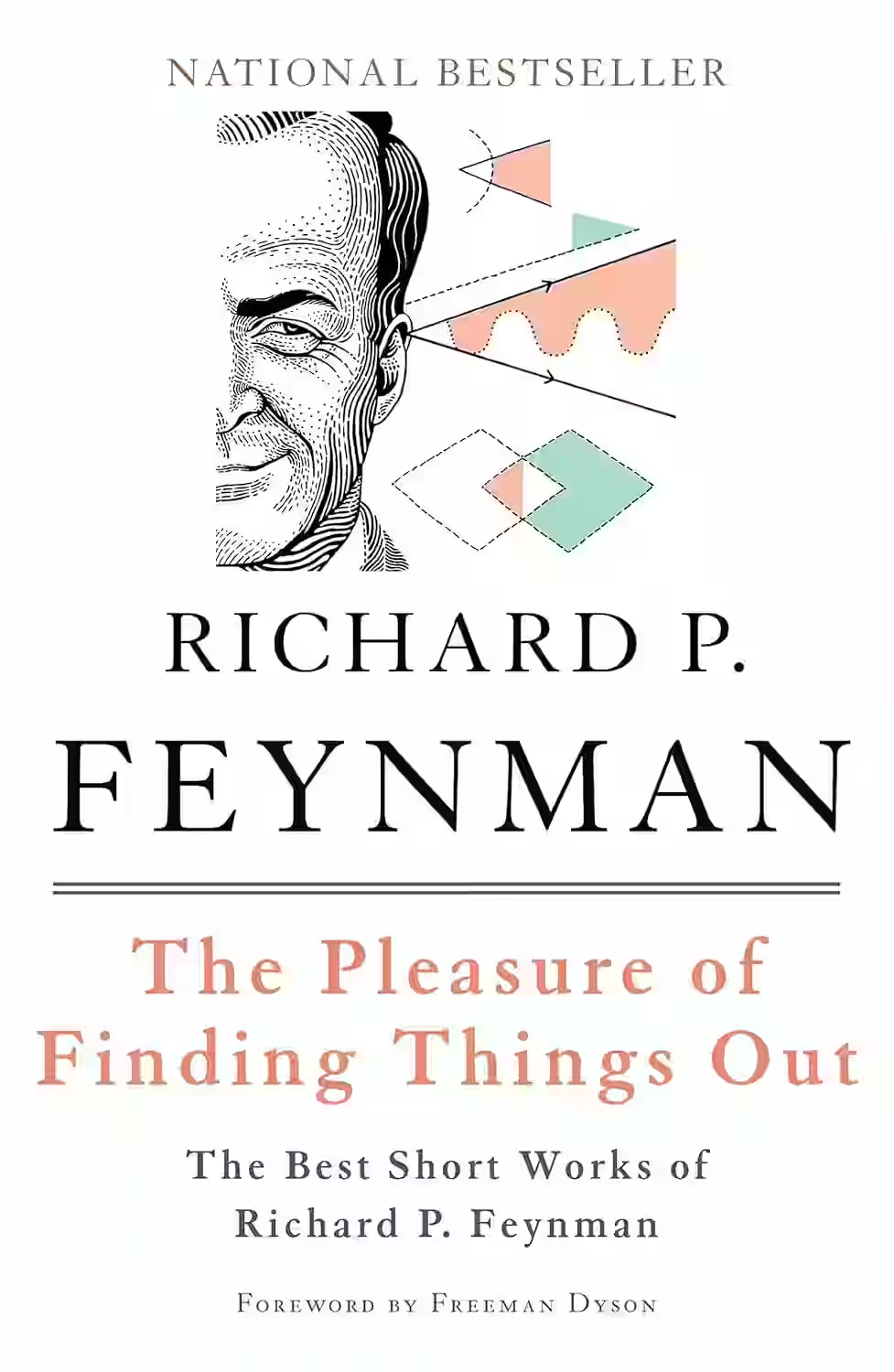
The Pleasure of Finding Things Out
This collection celebrates the remarkable achievements of Nobel Prize-winning scientist Richard P. Feynman, whose work profoundly reshaped our understanding of quantum electrodynamics. "The Pleasure of Finding Things Out" is a magnificent compilation of Feynman's finest short works, encompassing interviews, speeches, lectures, and articles. Offering an intimate and captivating glimpse into an extraordinary life dedicated to science, this wide-ranging treasury explores Feynman's thoughts on science in culture and includes his insightful Nobel Prize acceptance speech. It's a fascinating read for anyone intrigued by the power of ideas and the scientific mind.
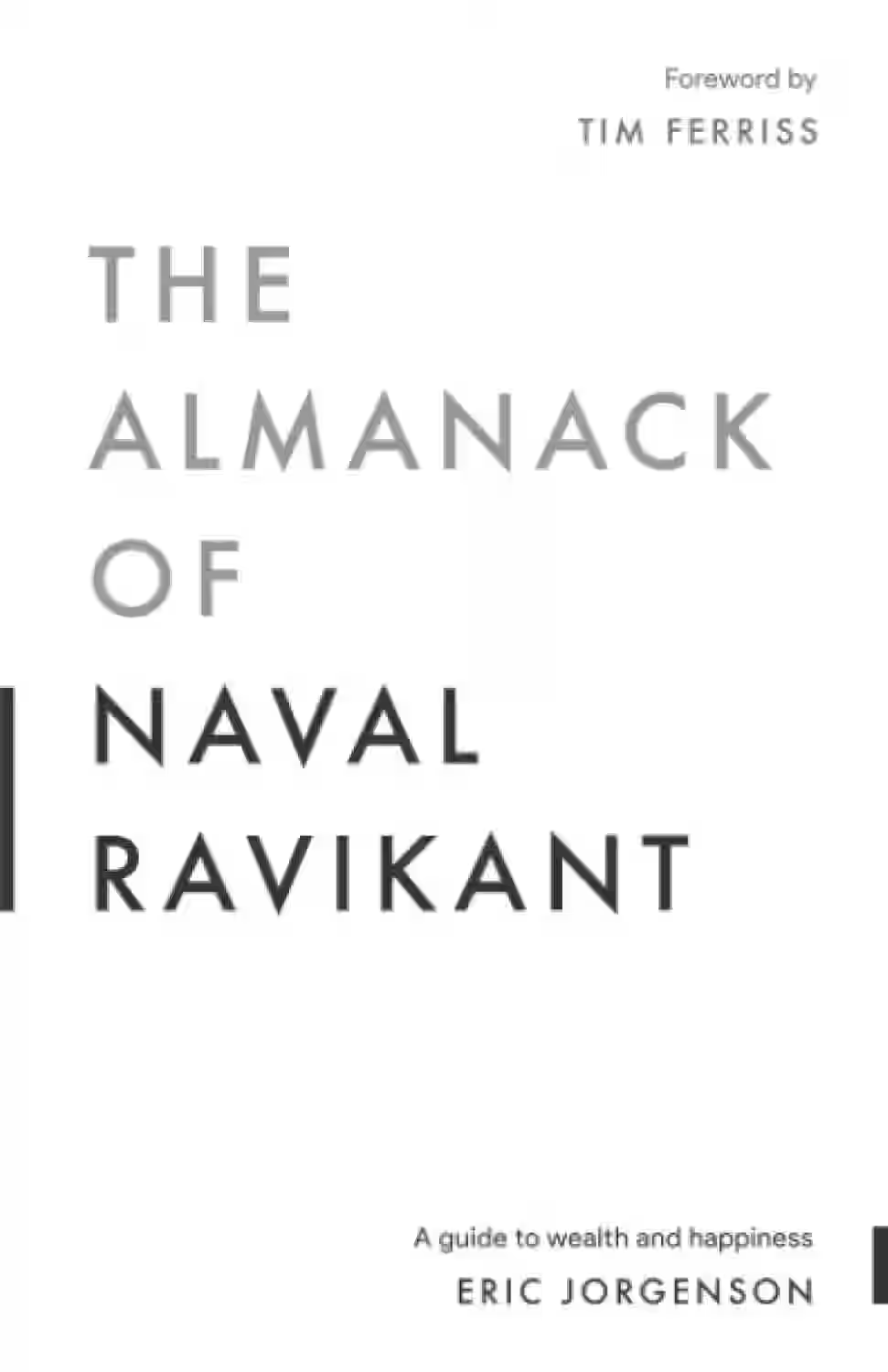
The Almanack of Naval Ravikant
by Eric Jorgenson, Jack Butcher, Tim Ferriss
This curated guide distills Naval Ravikant’s wisdom on wealth, happiness, and self-improvement, drawn from his tweets, podcasts, and essays. It blends philosophy, mental models, and practical advice for living a rich life—both materially and emotionally. The Almanack encourages clear thinking, long-term decision-making, and personal freedom, becoming a go-to for entrepreneurs and thinkers.
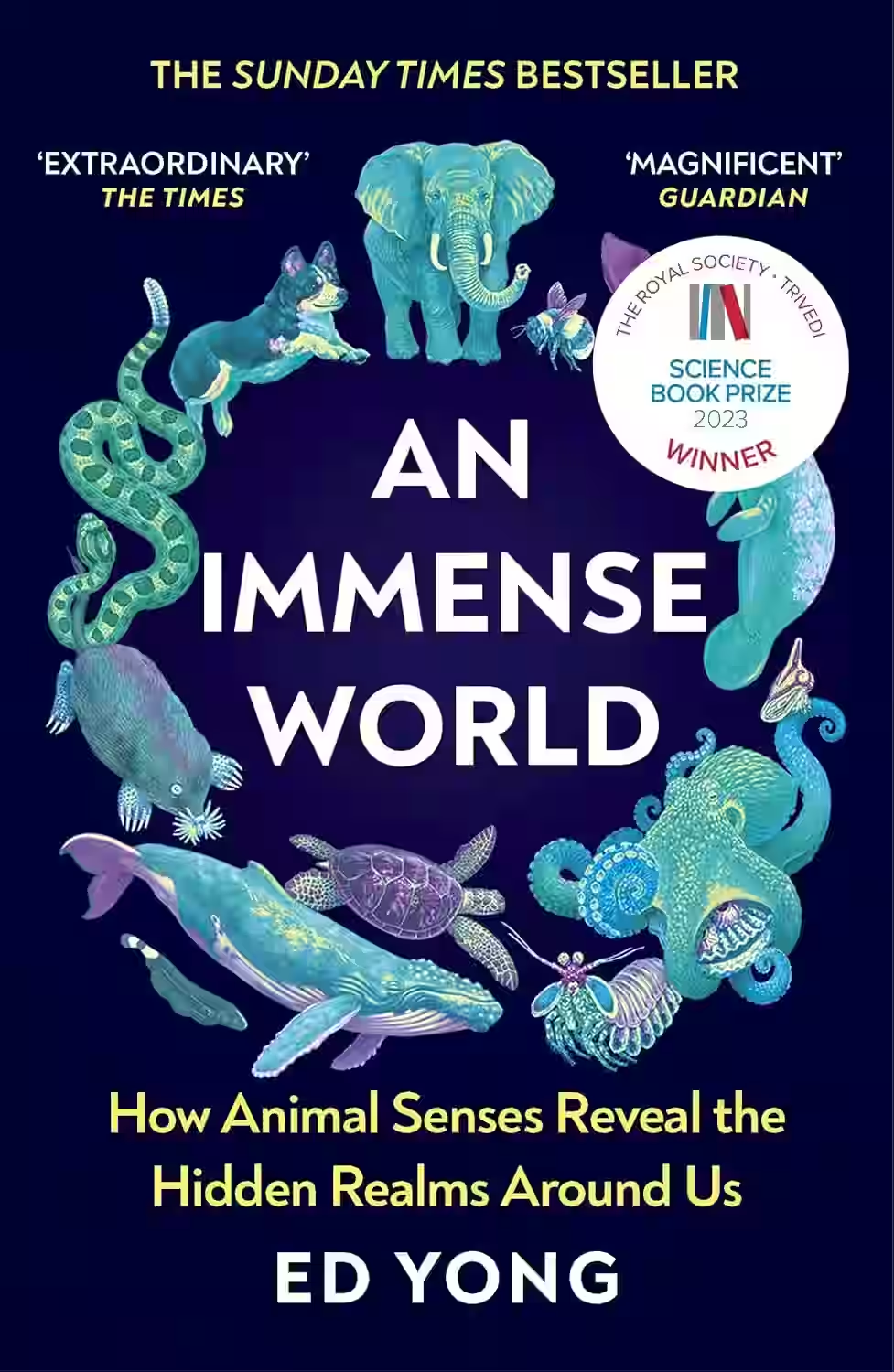
An Immense World: How Animal Senses Reveal the Hidden Realms Around Us
by Ed Yong
An Immense World: How Animal Senses Reveal the Hidden Realms Around Us by Ed Yong is a captivating exploration of the myriad ways animals perceive their environments. Yong introduces readers to the concept of the Umwelt, the unique sensory world each species inhabits. Through engaging narratives, he delves into extraordinary sensory abilities: turtles navigating via Earth's magnetic fields, beetles detecting fires from miles away, and scallops possessing dozens of eyes. Yong's vivid storytelling not only illuminates these hidden realms but also underscores the impact of human-induced sensory pollution on wildlife. Celebrated for its insightful prose, the book earned the 2023 Andrew Carnegie Medal for Excellence in Nonfiction and was named one of The New York Times' "10 Best Books of 2022" .
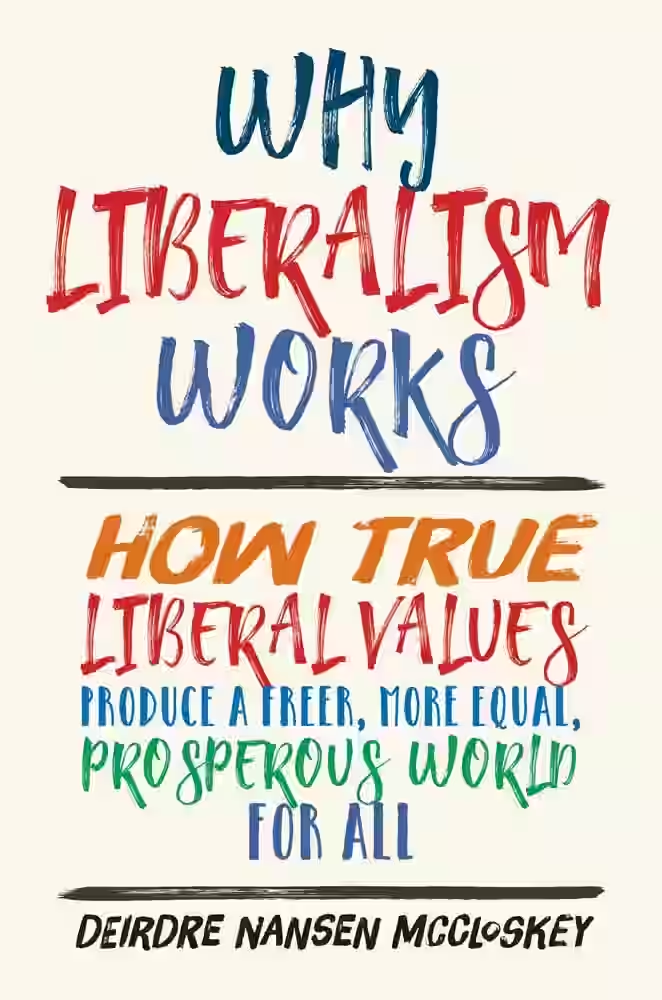
Why Liberalism Works
In Why Liberalism Works, economist and historian Deirdre McCloskey mounts a spirited defense of classical liberalism—the belief in individual liberty, free markets, and democratic governance. She argues that liberal ideas have lifted billions from poverty, expanded human rights, and created unprecedented prosperity. McCloskey critiques both right-wing nationalism and left-wing authoritarianism, warning against threats to liberal values. Blending historical analysis with economic insight, the book challenges modern skepticism toward capitalism and open societies. It is a timely reaffirmation of liberalism's moral and practical foundations, encouraging a renewed commitment to tolerance, innovation, and dignity for all individuals.